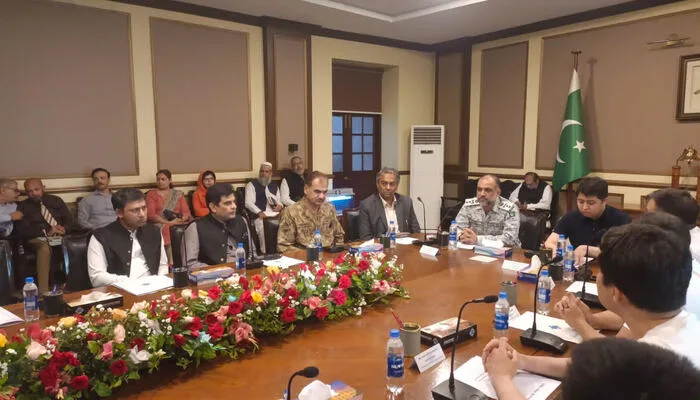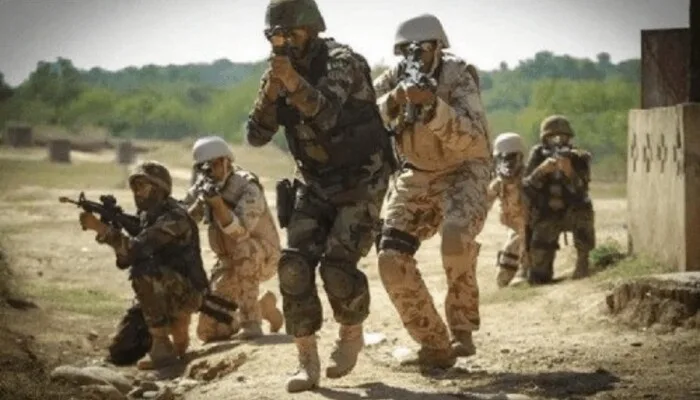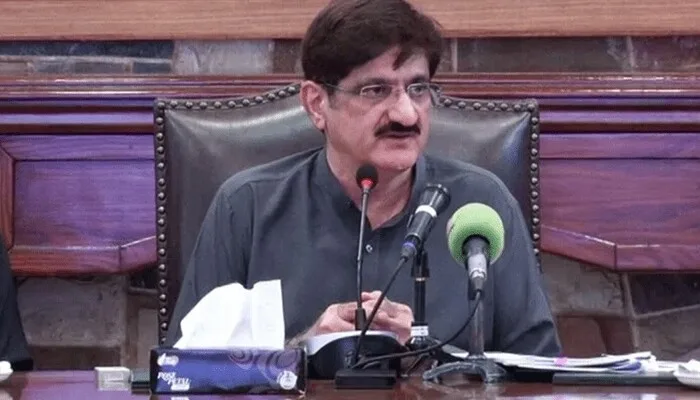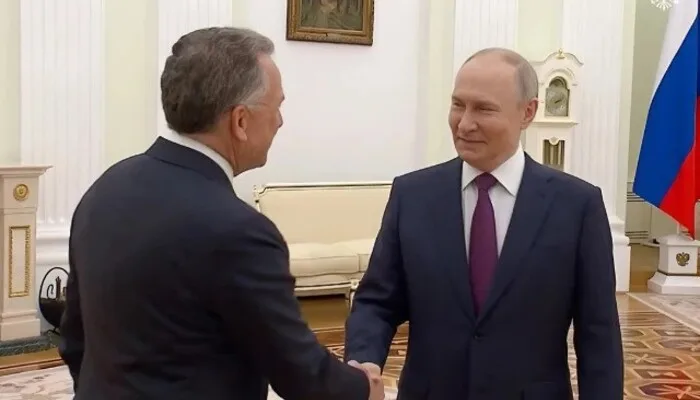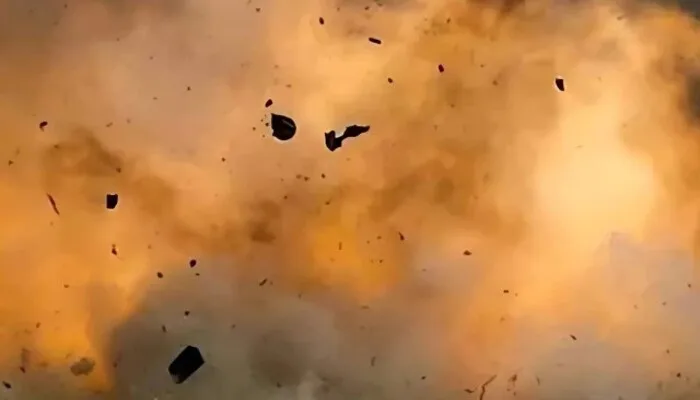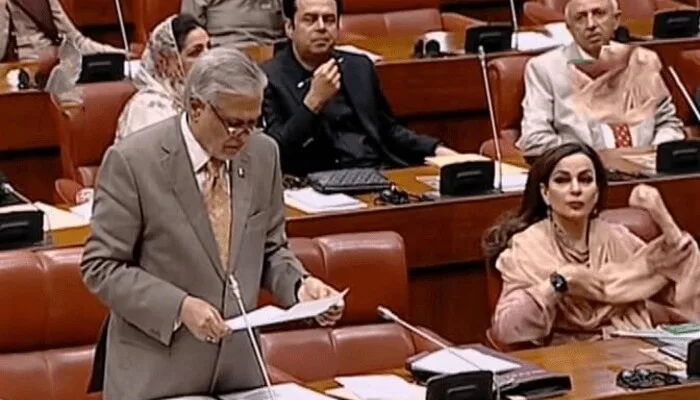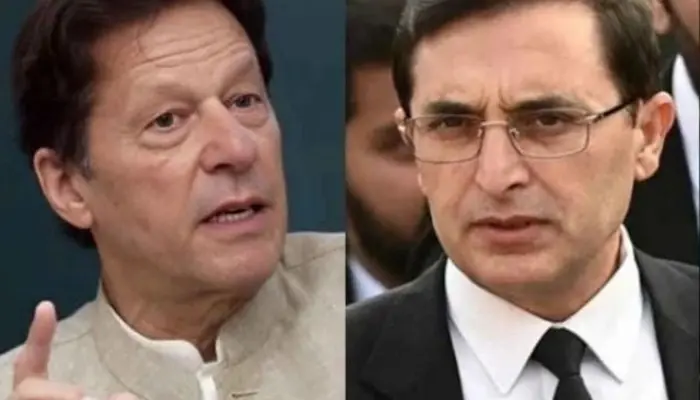
Former Prime Minister Imran Khan has halted negotiations with the government, citing its failure to establish judicial commissions within the agreed timeline. Barrister Gohar Ali Khan, speaking after meeting Imran at Adiala Jail, confirmed the decision. Imran’s frustration stems from the government’s inability to fulfill its commitments, which were central to reducing political tensions.
Negotiations Break Down
Imran Khan, detained in Adiala Jail for over a year, had initially agreed to engage in talks with the government. However, after three unproductive sessions, he decided to withdraw. “The government’s failure to meet its promises leaves no basis for further discussions,” Barrister Gohar said, emphasizing Imran’s firm stance.
The talks, initiated in December, aimed to address political unrest and ongoing disputes between the Pakistan Tehreek-e-Insaf (PTI) and the ruling coalition. Despite three rounds of dialogue, no concrete progress was made, leading to escalating tensions.
PTI’s Demands
PTI presented specific demands during the negotiations. The party called for the formation of two judicial commissions to investigate the May 9 riots and November 2024 protests. They also demanded the release of political prisoners, including Imran Khan, and insisted the commissions be led by senior judges with proceedings open to the public and media.
These demands were part of PTI’s broader strategy to seek justice for the alleged mistreatment of its members and to shed light on key political events. However, the government’s delay in forming the commissions undermined the dialogue process.
Government’s Response
The government criticized PTI for its rigid stance. Rana Sanaullah, a senior government official, stated, “Negotiations are not binding decrees.” National Assembly Speaker Ayaz Sadiq also stressed the importance of compromise, suggesting that progress requires flexibility from both sides.
Despite acknowledging the need for dialogue, the government showed little urgency in addressing PTI’s demands. Officials argued that forming judicial commissions and releasing political prisoners required careful deliberation and adherence to legal procedures.
Read: Controversial PECA Amendments Spark Outrage
Key Stages of Negotiations
First Round
In late December, PTI called for Imran Khan’s release, freedom for political prisoners, and an inquiry into the crackdown on protests. The government encouraged open dialogue and proposed that both sides present detailed demands at the next meeting.
Second Round
On January 2, PTI escalated its demands, pressing for judicial commissions to investigate specific events and seeking the unconditional release of its members. While the government acknowledged these demands, no substantial progress was achieved.
Third Round
During the final round on January 9, PTI formally presented a charter of demands. The party reiterated its call for open judicial proceedings and assistance in securing bail for political prisoners. The government promised to respond within seven days but failed to act, prompting Imran Khan to terminate talks.
Moving Forward
Imran Khan’s decision to halt negotiations marks a significant setback for efforts to reduce political tensions. As the deadlock continues, both sides face mounting pressure to find a resolution that addresses public concerns while upholding democratic principles.
Follow us on Google News, Instagram, YouTube, Facebook,Whats App, and TikTok for latest updates



